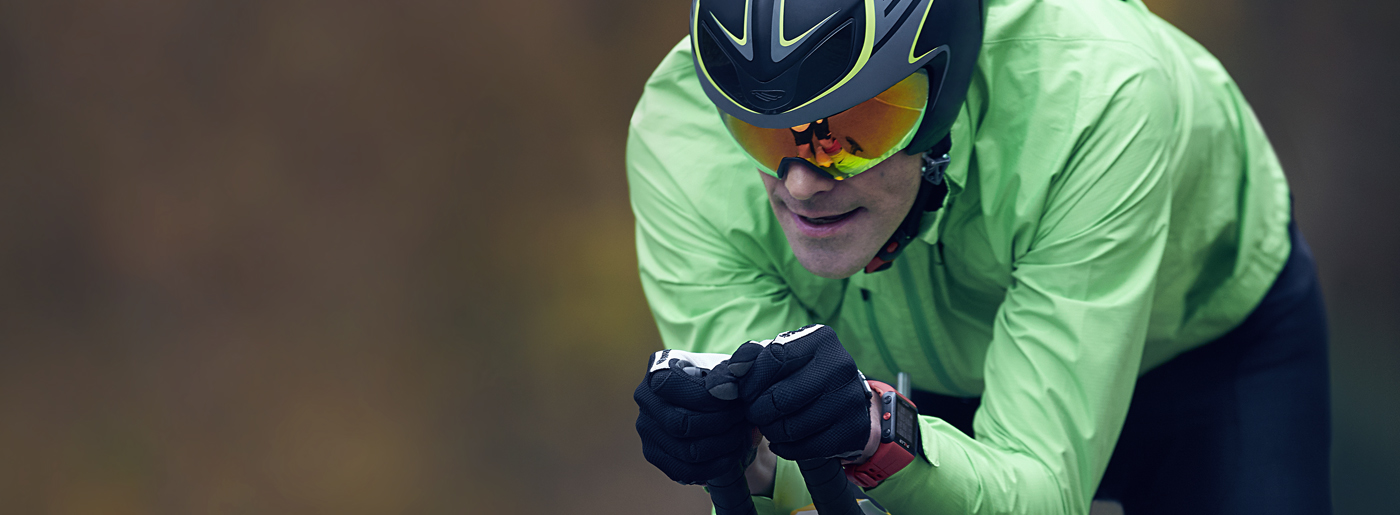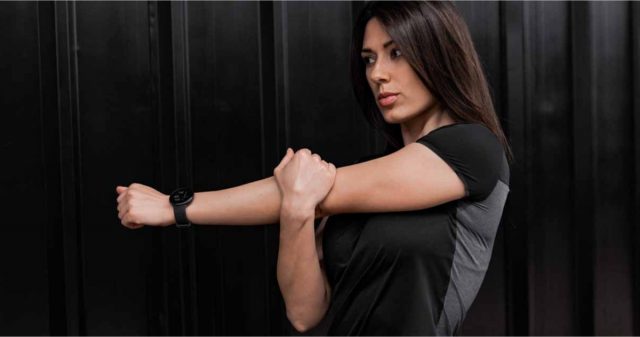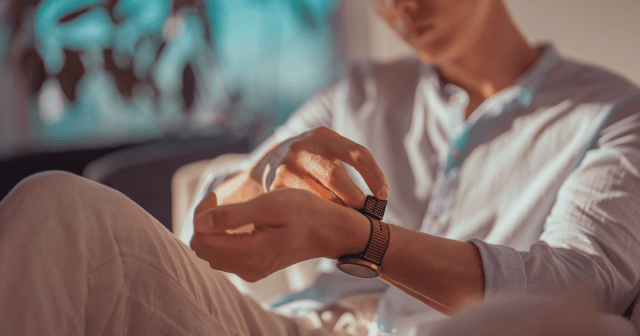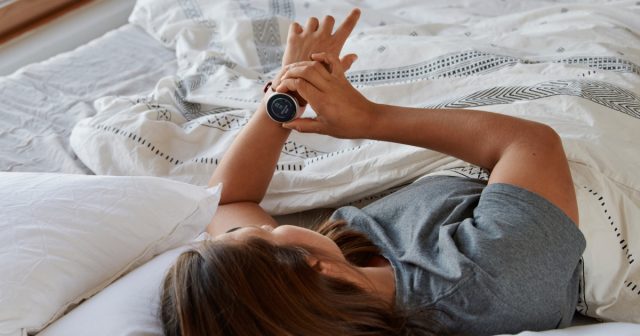As a longtime professional athlete, Andy Potts has seen a whole lot of podiums and triumphant race finishes – but also had his share of sports injuries.
“I’ve been at this for a while, so I’ve had to cope with several sports injuries during my career,” he says.
So how does he deal with the physical pain and recovery – and how does he handle the mental anguish that comes with being injured and sidelined?
Here, Potts opens up about his history with sports injuries and shares how he has learned to come back stronger.
What have been some of your most serious sports injuries as a professional triathlete?
I’ve had all kinds of broken bones – elbow, wrist, fingers, leg, toes, foot – plus three really bad stress fractures.
Most of my broken bones are from accidents on the bike. And then of course you get lacerations, bumps, bruises – but those happen and then heal pretty quickly. Skin comes back eventually. I’ve also had a few surgeries.
What’s the first thing you do after getting injured?
No injury ever comes at a good time, so that makes it really hard to handle mentally. The biggest thing to do is to find out what the injury is.
There’s a lot of mental torment that happens when you’re not sure what’s going wrong. You have this preconceived notion of who you are as an athlete and what you’re capable of, and suddenly that’s interrupted because of an ailment. So you wonder, “Is it the ailment or is it me? Have I lost my touch, or is something out of place?” That makes it super challenging.
You start running through the potentials and possibilities, searching WebMD, playing this guessing game. That’s why it’s crucial to have a trusted group of supporters and medical professionals – and I wish I didn’t know any of their names, but I do! I’m thankful that if I feel a little tweak or have a bit of sniffles, I can text my doctor and say, “Hey, can you see me?”
Why do you think being injured is so devastating for athletes?
We use our bodies as our performance machines and as our livelihood, so it’s of the utmost importance to make sure everything is operational. When you get injured, it messes with your self-worth.
The way you make a living, if you’re a professional athlete, is tied to your body. So when your body is broken, it starts to push into your psyche, and that’s really hard to handle. And when you’re supposed to be performing, that all gets compounded. You can get depressed from it, you can feel really lost, and you doubt yourself, wondering if you’ll ever bounce back.
But look at people who have had long careers. Nobody has had a long career without any hiccups. They’ve all overcome some kind of adversity, whether it’s an injury or mental health stuff.
How do you bounce back from a sports injury?
When you have an ailment, like a broken bone, as soon as you know it’s a broken bone, you can say, “OK, bones heal.” Then it’s, “How long does it take bones to heal? What can I do in the meantime?” You find out the worst-case scenario and build a framework backward.
Then, start maximizing what you’re capable of doing, and completely remove what you’re incapable of at the moment. That helps give you a sense of worth.
Physically, once you know the root of the problem and what it is, you can design an attack plan. With that comes the uncoupling of the mental stress bomb you’re in. So mentally, you can start to see the light at the end of the tunnel.
How do you mentally come back from a sports injury?
I know how to work hard. I’ve worked hard all my life. So it’s telling myself that I’m going to work hard at whatever I can do right now. And I’ll put in the work to get more proficient at those things.
It’s the same mentality I use for everything else in my training. What makes it different is that you’re working with a limited set.
How do you cope with being injured and sidelined?
It’s so important to have a confidante. That might be even more important than any doctor or physical therapist. You need someone you trust, whether it’s a best friend, a brother, a sister, a mom, dad, wife, husband, even your kid. Just someone you have a real sense of trust with.
And you need to let them help you. Because they support you and believe in you. When you get really injured, your belief in yourself wavers. That’s when you need to lean on your trusted support crew – the people who believe in you just as much as you believe in yourself, and can offer that up when you don’t see it. Now’s the time to lean on them.
Who’s The person You Can Rely On When You’re Injured?
My wife, Lisa.
She’s also the person who gets that dreaded phone call when I’ve been injured and she does not like those calls! They stress her out so much.
When I’m riding outside, she worries the entire time. The thing is, she loves the fact that I’m a racer, but ultimately she loves me. She’d be okay if I couldn’t race again, but she wouldn’t be okay if she couldn’t be with me again.
Things get really simple when you’re confronted with a serious injury. You’re able to simplify what’s important to you. Lisa’s perspective on that comes from a place of love and experience. She’s able to very quickly drill down what’s at stake and what truly matters, and I lean on her for that.
As athletes, we get myopic. We get so hell-bent on this one goal that we can’t see anything else. We miss a lot of things.
What’s your best piece of advice for dealing with Sports Injuries?
Take the same mentality that got you to where you are now and apply it to how you will recover.
There is an end goal, and you need to have a plan in place to reach that goal.
So create a plan, stick to it, and be super diligent about executing it with the same determination you would if you were a professional athlete and weren’t injured.
If you liked this post, don’t forget to share so that others can find it, too.
Or give it a thumbs up!
I like this article
Please note that the information provided in the Polar Blog articles cannot replace individual advice from health professionals. Please consult your physician before starting a new fitness program.




